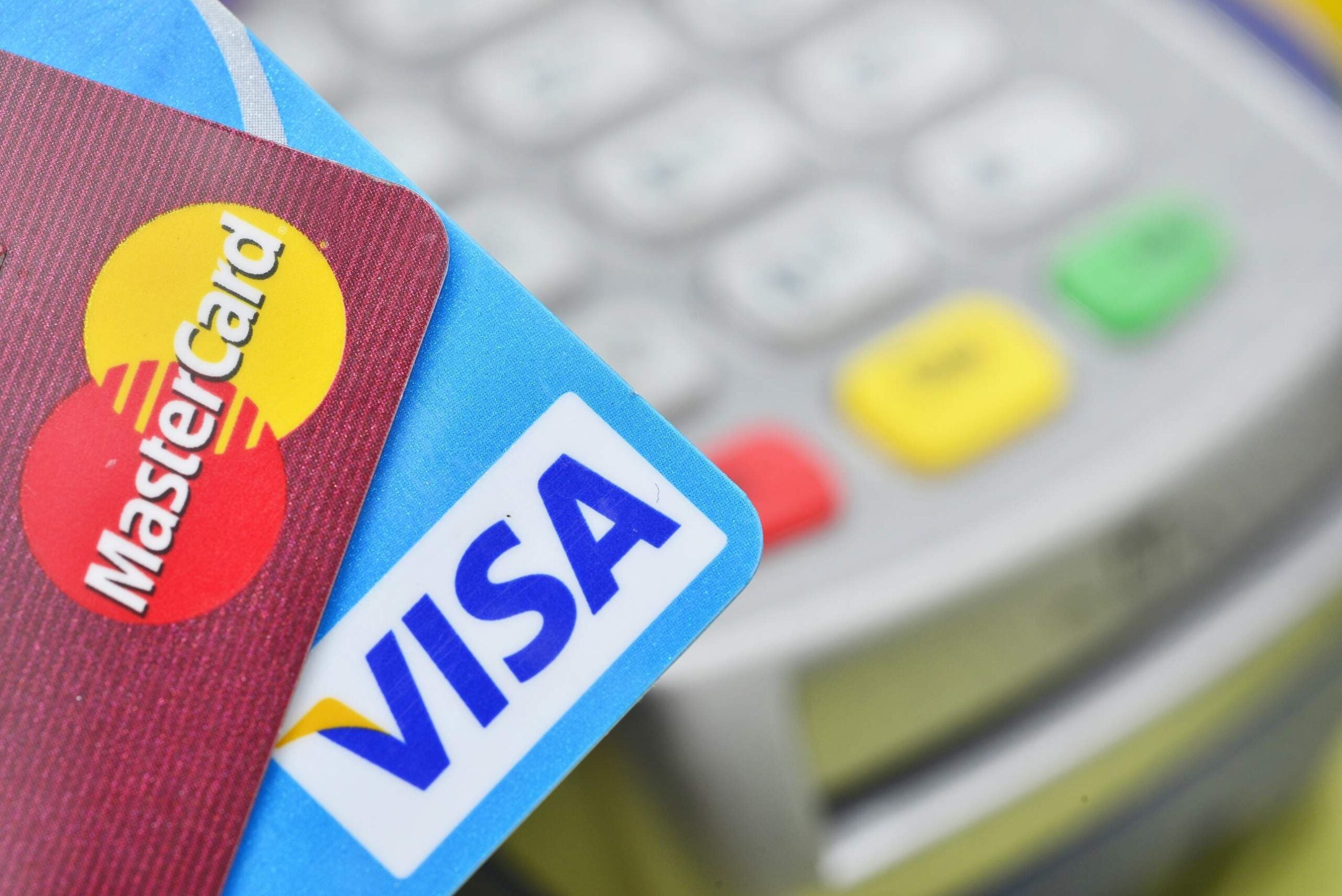
One in three people in Europe would be happy going completely cashless, according to an ING survey.
Technological innovation in the past few years has meant more people than ever are switching from cash to card, and in the western world that’s having a big impact.
Citizens in countries across Europe, Australia and the US were asked about their attitudes towards spending for the survey and 54 percent of respondents said they use physical cash much less than they used to 12 months ago.
Here are seven reasons why we could all be living in a cashless society soon.
1. People prefer tech to coins
With the advent of contactless card technology and smartphone apps, more people are doing away with cash in hand. As a result of the ample tech offerings, 21 percent of respondents in Europe said they rarely use cash now, with 34 percent saying they would go completely cashless.
2. Fintech startups are persuading us to go cashless
Earlier this year, Twitter’s chief executive Jack Dorsey announced he was bringing his payments startup Square to the UK. It’s a credit card reader that allows small businesses to accept payments on mobile phones, making it easier for them to accept card payments.

US Tariffs are shifting - will you react or anticipate?
Don’t let policy changes catch you off guard. Stay proactive with real-time data and expert analysis.
By GlobalDataIn addition, Swedish e-commerce startup Klarna which provides customers and merchants with safer online shopping payments has exploded in popularity in recent years. Now, around 40 percent of all e-commerce sales in Sweden go through Klarna.
3. Businesses are turning cashless
Businesses in London are choosing to refuse cash payments now in favour of cards. This week, a South London café decided to go cashless, with the owner telling the Times, it saved valuable staffing hours as workers no longer had to deal with the “real faff” of counting coins at the end of the day.
As well, he said it meant the risky task of taking money to the bank was eliminated.
4. Cash can be less secure
More than half of people in Europe said they believe there is a better level of security when paying without cash, around 55 percent. This is because physical money is very portable, relatively untraceable and can easily be lost or stolen.
5. When we do carry cash, it’s not much
Major purchases are often made on debit and credit cards and when people do carry cash on their person, it doesn’t make it into the high sums. According to the ING survey, 35 percent of Europeans carried the equivalent of €1-20 on their person, compared to 19 percent who carried more than €70.
As well, only 12 percent of people would pay cash for a transaction over €100, opting instead to pay with cards.
6. Cash isn’t always better
Harvard professor of public policy Kenneth Rogoff wrote in this book, The Curse of Cash, that physical cash can facilitate corruption and tax evasion. This is one of the reasons India recently employed a demonetisation policy, to get rid of corruption in the country.
Rogoff believes that many of cash’s disadvantages could be reduced if larger denomination notes were withdrawn from circulation.
7. It’s already happening
The €500 bill is set to be withdrawn throughout the union by the end of 2018. As well, it is thought that cities like London could become completely cashless over the next 20 years.
Like it or not, a cashless society is on its way.







